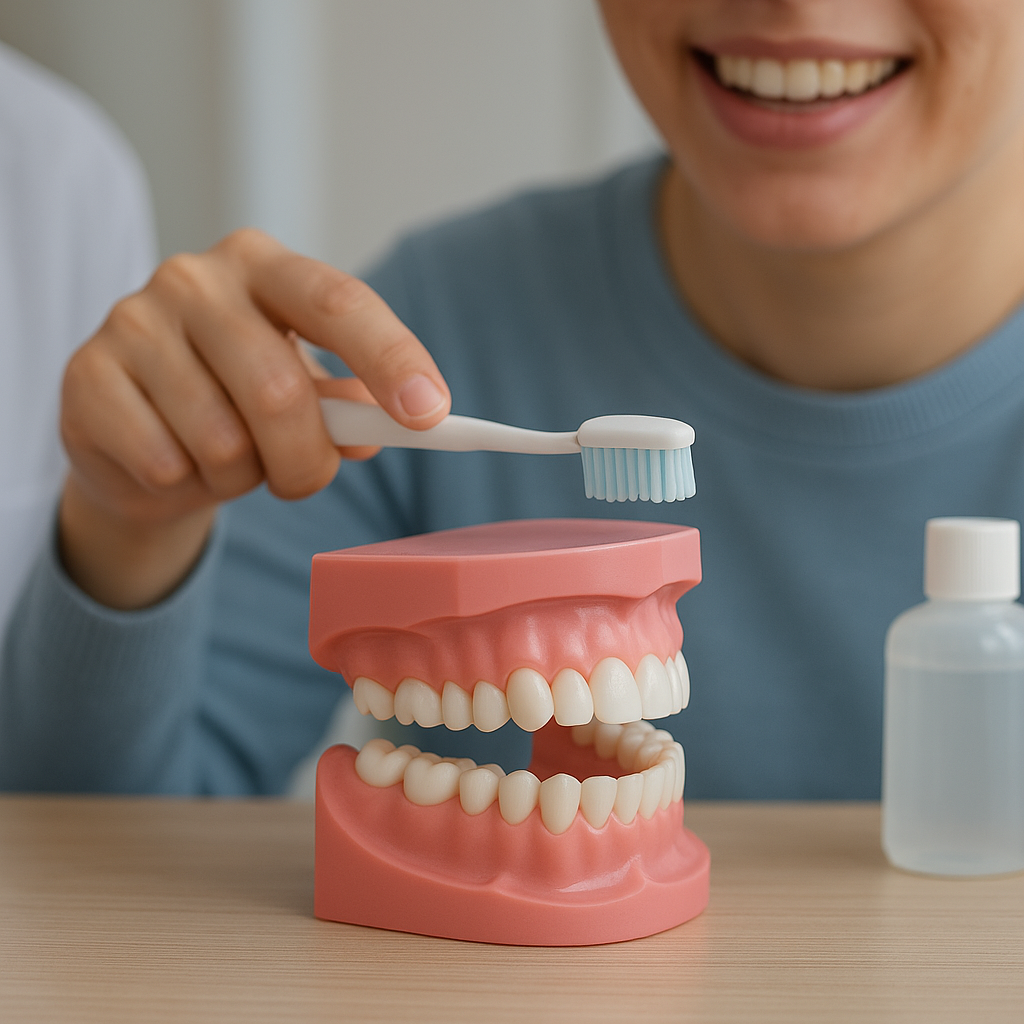The role of dietary counseling in dental practice is increasingly recognized as a vital component of comprehensive oral health care. As dental professionals strive to improve patient outcomes, the integration of nutritional guidance into dental treatment plans has emerged as a key strategy. This article explores the significance of dietary counseling in dentistry, its impact on oral health, and practical approaches for dental practitioners to implement effective dietary advice in their practices.
Understanding the Connection Between Diet and Oral Health
The relationship between diet and oral health is well-established, with numerous studies highlighting how dietary choices can influence the development of dental caries, periodontal disease, and other oral health issues. Sugary foods and beverages, for instance, are known to contribute to the formation of cavities by providing a food source for harmful bacteria in the mouth. When these bacteria metabolize sugars, they produce acids that erode tooth enamel, leading to decay.
Moreover, the consumption of acidic foods and drinks can also harm tooth enamel, making it essential for dental professionals to educate patients about the potential risks associated with their dietary habits. A balanced diet rich in vitamins and minerals not only supports overall health but also plays a crucial role in maintaining healthy gums and teeth. Nutrients such as calcium, phosphorus, and vitamin D are particularly important for the development and maintenance of strong teeth and bones.
The Impact of Dietary Counseling on Patient Outcomes
Incorporating dietary counseling into dental practice can lead to significant improvements in patient outcomes. By addressing dietary habits, dental professionals can help patients make informed choices that promote oral health. For example, advising patients to limit their intake of sugary snacks and beverages can reduce their risk of developing cavities. Additionally, encouraging the consumption of foods high in fiber, such as fruits and vegetables, can enhance saliva production, which is essential for neutralizing acids and protecting teeth.
Research has shown that patients who receive dietary counseling from their dental providers are more likely to adopt healthier eating habits. This change not only benefits their oral health but can also have positive effects on their overall well-being. For instance, a diet rich in antioxidants can reduce inflammation, which is particularly beneficial for patients with periodontal disease. Furthermore, dietary counseling can empower patients to take an active role in their oral health, fostering a sense of responsibility and encouraging regular dental visits.
Implementing Dietary Counseling in Dental Practice
To effectively implement dietary counseling in dental practice, dental professionals should consider several key strategies. First, it is essential to create a welcoming environment where patients feel comfortable discussing their dietary habits. This can be achieved by training staff to engage patients in conversations about nutrition and its impact on oral health.
Secondly, dental practitioners should stay informed about current dietary guidelines and nutritional science. This knowledge will enable them to provide accurate and relevant information to patients. Collaborating with registered dietitians can also enhance the quality of dietary counseling offered in the practice, as dietitians can provide specialized expertise in nutrition.
Creating Personalized Dietary Plans
One effective approach to dietary counseling is the development of personalized dietary plans tailored to each patient’s unique needs and preferences. During consultations, dental professionals can assess patients’ dietary habits, identify areas for improvement, and collaboratively create a plan that aligns with their lifestyle. This personalized approach not only increases the likelihood of adherence but also demonstrates the dental professional’s commitment to the patient’s overall health.
In addition to discussing food choices, dental practitioners should also address the timing and frequency of meals and snacks. Educating patients about the importance of maintaining a balanced diet throughout the day, rather than consuming large amounts of sugar in one sitting, can help mitigate the risk of cavities. For example, encouraging patients to opt for healthier snacks, such as nuts or yogurt, instead of sugary treats can make a significant difference in their oral health.
Overcoming Barriers to Dietary Counseling
Despite the clear benefits of dietary counseling, several barriers may hinder its implementation in dental practice. One common challenge is the lack of time during patient appointments. Dental professionals often face tight schedules, making it difficult to dedicate sufficient time to discuss dietary habits. To address this issue, practices can consider incorporating dietary counseling into routine check-ups or preventive visits, ensuring that it becomes a standard part of patient care.
Another barrier is the potential discomfort patients may feel when discussing their eating habits. Dental professionals should approach these conversations with sensitivity and empathy, emphasizing the importance of nutrition for oral health rather than focusing solely on weight or appearance. Building rapport with patients can help create a safe space for open discussions about dietary choices.
Utilizing Educational Resources
To enhance the effectiveness of dietary counseling, dental practices can utilize various educational resources. Providing patients with brochures, handouts, or digital materials that outline healthy eating habits and their impact on oral health can reinforce the messages conveyed during consultations. Additionally, hosting workshops or seminars on nutrition and oral health can engage patients and encourage them to take an active interest in their dietary choices.
Furthermore, leveraging technology can also play a role in dietary counseling. Dental practices can consider using mobile apps or online platforms that allow patients to track their dietary habits and receive personalized feedback. This interactive approach can motivate patients to make healthier choices and stay accountable for their dietary decisions.
Conclusion
The integration of dietary counseling into dental practice is a powerful tool for promoting oral health and improving patient outcomes. By understanding the connection between diet and oral health, dental professionals can provide valuable guidance to their patients, empowering them to make informed dietary choices. Through personalized dietary plans, effective communication, and the use of educational resources, dental practitioners can overcome barriers and successfully implement dietary counseling in their practices.
As the field of dentistry continues to evolve, the emphasis on holistic patient care will only grow stronger. By recognizing the role of nutrition in oral health, dental professionals can enhance their practice and contribute to the overall well-being of their patients. Ultimately, dietary counseling is not just an adjunct to dental care; it is an essential component of a comprehensive approach to oral health that benefits both patients and practitioners alike.




